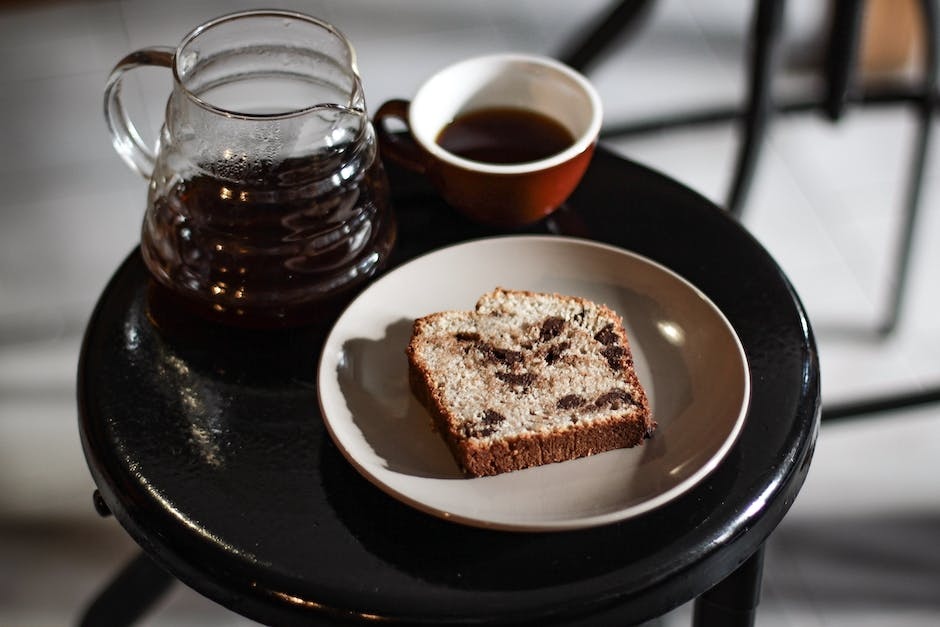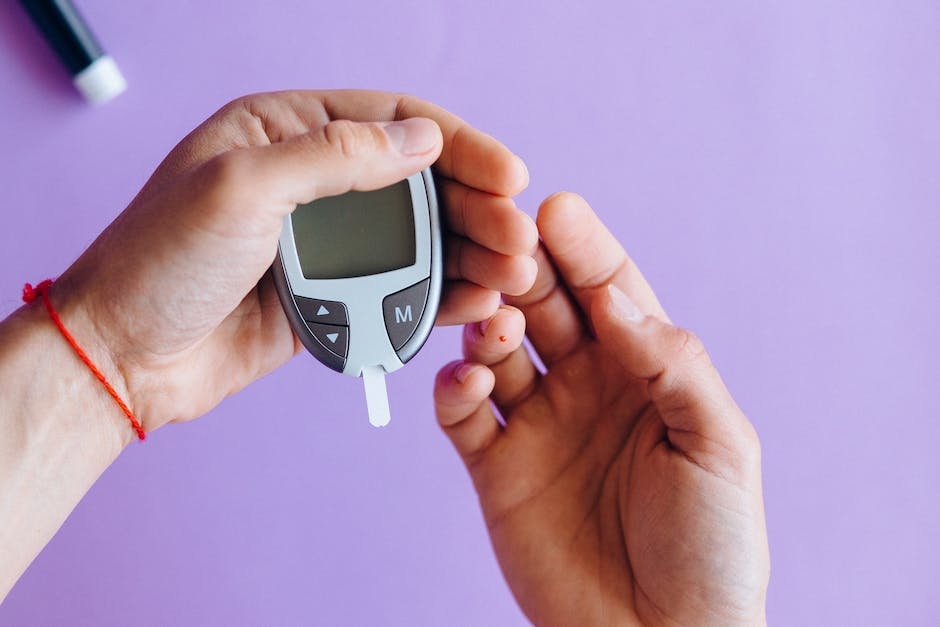The Anti-Diabetic Power of Hibiscus Tea: A Natural Solution for Lowering Blood Sugar Levels
Diabetes is a chronic condition that affects millions of people worldwide, and managing blood sugar levels is a daily challenge for those living with the condition. While there are many medications available to help control blood sugar, natural remedies such as hibiscus tea have been gaining popularity due to their potential anti-diabetic effects.
Research on Hibiscus Tea and Blood Sugar Levels
Studies have shown that hibiscus tea can help lower blood sugar levels in people with diabetes. A 4-week study published in the Journal of Alternative and Complementary Medicine found that drinking hibiscus tea led to a significant decrease in fasting blood sugar levels among people with type 2 diabetes. Another study published in the Journal of Hypertension found that drinking hibiscus tea for 6 weeks led to a significant reduction in blood sugar levels among people with metabolic syndrome.
The Power of Polyphenols in Hibiscus Tea
The anti-diabetic effect of hibiscus tea is thought to be due to its high content of polyphenols. These natural compounds have been shown to have beneficial effects on blood sugar and insulin sensitivity. Polyphenols in hibiscus tea have been found to inhibit alpha-amylase and alpha-glucosidase, two enzymes that are involved in the digestion of carbohydrates and the release of glucose into the bloodstream. By inhibiting these enzymes, hibiscus tea can slow down the absorption of carbohydrates and prevent spikes in blood sugar levels after meals.
Additional Health Benefits of Hibiscus Tea
Aside from its anti-diabetic effects, hibiscus tea has also been found to have antioxidant and anti-inflammatory properties. These properties can help protect against the cellular damage and inflammation that are associated with high blood sugar levels and diabetes. Additionally, hibiscus tea has been shown to have a positive effect on blood pressure, cholesterol levels, and liver health.
How to Incorporate Hibiscus Tea into Your Diet
Hibiscus tea is widely available in tea bags or loose-leaf form. To make hibiscus tea, simply steep the tea bag or loose leaves in hot water for a few minutes. You can drink hibiscus tea hot or cold, and it can be sweetened with honey or other natural sweeteners if desired. Hibiscus tea can also be added to smoothies or used as a base for cocktails.
Conclusion
Hibiscus tea is a delicious and natural solution for lowering blood sugar levels in people with diabetes. Its high content of polyphenols and ability to inhibit carbohydrate-digesting enzymes make it a powerful tool for managing blood sugar levels. Additionally, its antioxidant and anti-inflammatory properties make it a great addition to any diet. So why not give hibiscus tea a try and see how it can benefit your health?
Managing Blood Sugar Levels with Hibiscus Tea
If you are looking for a natural way to manage your blood sugar levels, you may want to consider adding hibiscus tea to your diet. This bright and flavorful tea has been shown to have potential benefits for individuals with type 2 diabetes and other metabolic conditions.
Research has found that hibiscus tea can help lower fasting blood sugar levels and improve insulin sensitivity. Let’s take a closer look at the science behind these benefits.
What the Research Says
A study published in the Journal of Alternative and Complementary Medicine found that drinking hibiscus tea lowered fasting blood sugar levels in participants with type 2 diabetes. Another study published in the Journal of Nutrition found that consuming hibiscus extract for 12 weeks improved insulin sensitivity in individuals with metabolic syndrome.
The reason for these benefits lies in the compounds found in hibiscus tea, such as polyphenols and anthocyanins. Polyphenols have been shown to inhibit the activity of alpha-amylase, an enzyme that breaks down carbohydrates into sugar, thereby reducing the amount of sugar absorbed by the body. On the other hand, anthocyanins have been shown to improve insulin sensitivity and reduce inflammation in animal studies.
Moreover, drinking hibiscus tea may also help reduce oxidative stress and inflammation, which are often associated with diabetes and other chronic conditions.
However, it is important to note that more research is needed to fully understand the potential benefits of hibiscus tea for blood sugar management and to determine the optimal dose and duration of treatment. Therefore, it is always best to consult with a healthcare professional before incorporating hibiscus tea into a diabetes management plan.
How to Incorporate Hibiscus Tea into Your Diet
If you’re interested in trying hibiscus tea, you can find it in tea bags or loose leaf form at most health food stores and online retailers. To prepare the tea, simply steep one tea bag or one tablespoon of loose leaf tea in hot water for 5-10 minutes. You can enjoy it hot or cold, with or without sweetener.
If you’re not a fan of the taste of hibiscus tea, you can also find hibiscus supplements in the form of capsules or extracts. However, it’s important to note that supplements may not have the same benefits as drinking the tea itself.
The Bottom Line
Overall, hibiscus tea may be a promising natural way to manage blood sugar levels in individuals with type 2 diabetes and other metabolic conditions. However, more research is needed to fully understand its benefits and to determine the optimal dose and duration of treatment. As always, it’s best to consult with a healthcare professional before incorporating hibiscus tea into your diet.
The Sweet Benefits of Hibiscus Tea for Blood Sugar Control
Are you looking for a natural way to regulate your blood sugar levels? Look no further than hibiscus tea! Not only is it a delicious and refreshing beverage, but it has also been found to have a positive effect on blood sugar levels due to its high content of antioxidants and polyphenols.

Making the Perfect Cup of Hibiscus Tea for Blood Sugar Control
So, how can you make the perfect cup of hibiscus tea for blood sugar control? Follow these simple steps:
- Start by bringing water to a boil in a pot or kettle.
- Add dried hibiscus flowers or tea bags to the water. The general rule of thumb is to use 1-2 teaspoons of dried hibiscus flowers or 1 tea bag per 8 ounces of water.
- Allow the tea to steep for 5-10 minutes, depending on your preference for strength.
- If desired, add natural sweeteners such as stevia or honey to the tea for added flavor without spiking blood sugar levels.
It’s important to note that hibiscus tea should not be used as a substitute for medication prescribed for diabetes or other blood sugar conditions. Consult with a healthcare professional before incorporating hibiscus tea into your diet for blood sugar control.
The Science Behind Hibiscus Tea and Blood Sugar Control
So, why is hibiscus tea effective in regulating blood sugar levels? The answer lies in its high content of antioxidants and polyphenols. These compounds have been found to have a positive impact on insulin resistance, which is a key factor in the development of type 2 diabetes.
In a study published in the Journal of Alternative and Complementary Medicine, participants who drank hibiscus tea daily for a month experienced a significant decrease in their fasting blood sugar levels. Another study found that hibiscus tea was effective in reducing postprandial (after-meal) blood sugar levels in diabetic participants.
Other Health Benefits of Hibiscus Tea
Aside from its blood sugar regulating properties, hibiscus tea also has a host of other health benefits:
- May lower blood pressure: Several studies have found that hibiscus tea may have a positive effect on blood pressure levels.
- May improve cholesterol levels: One study found that hibiscus tea was effective in reducing total cholesterol, LDL cholesterol, and triglyceride levels in participants with metabolic syndrome.
- May aid in weight loss: Some studies have found that hibiscus tea may have a mild diuretic effect, which could contribute to weight loss.
In Conclusion
Hibiscus tea is a delicious and refreshing beverage that also has a positive effect on blood sugar levels. By following the simple steps outlined above, you can make the perfect cup of hibiscus tea for blood sugar control. Just remember to consult with a healthcare professional before incorporating hibiscus tea into your diet as a supplement to any medication prescribed for diabetes or other blood sugar conditions.
So, why not try incorporating hibiscus tea into your daily routine for a sweet and natural way to regulate your blood sugar levels?
Discover the Health Benefits of Hibiscus Tea for Managing Blood Sugar Levels
Are you looking for a natural way to manage your blood sugar levels? Look no further than hibiscus tea! This delicious beverage has been shown to have a positive effect on blood sugar levels and can also help improve insulin resistance, making it a great addition to any diabetes management plan.
How Does Hibiscus Tea Help Manage Blood Sugar Levels?
Hibiscus tea contains natural compounds that have been shown to help reduce blood sugar levels and improve insulin resistance. Insulin resistance occurs when the body’s cells become resistant to the effects of insulin, causing blood sugar levels to rise. By drinking hibiscus tea regularly, you can help improve your body’s sensitivity to insulin and reduce your risk of developing type 2 diabetes.
Research on Hibiscus Tea and Blood Sugar Levels
Several studies have shown that hibiscus tea can have a positive effect on blood sugar levels. One study found that drinking hibiscus tea for 12 weeks led to a significant reduction in fasting blood sugar levels in people with type 2 diabetes. Another study found that hibiscus tea improved insulin resistance in people with metabolic syndrome.
Choosing the Right Hibiscus Tea
To get the most benefits from hibiscus tea, it is important to choose a high-quality, organic tea. Look for teas that are free from additives and sweeteners, as these can affect blood sugar levels. Hibiscus tea can be enjoyed hot or cold, and can be brewed using loose tea leaves or tea bags.
Combining Hibiscus Tea with Lifestyle Changes
While drinking hibiscus tea can be a helpful addition to your diabetes management plan, it should not be relied upon as the sole treatment. It is important to combine hibiscus tea with other lifestyle changes, such as regular exercise and a healthy diet, to achieve optimal blood sugar control.
Consult with Your Healthcare Provider
If you are taking medication for diabetes, it is important to consult with your healthcare provider before adding hibiscus tea to your daily routine. Hibiscus tea may interact with certain medications, so it is important to discuss any potential risks with your doctor.
In Conclusion
Hibiscus tea is a delicious and natural way to help manage blood sugar levels. By choosing a high-quality tea and combining it with other lifestyle changes, you can achieve optimal blood sugar control and improve your overall health.


Leave a Reply